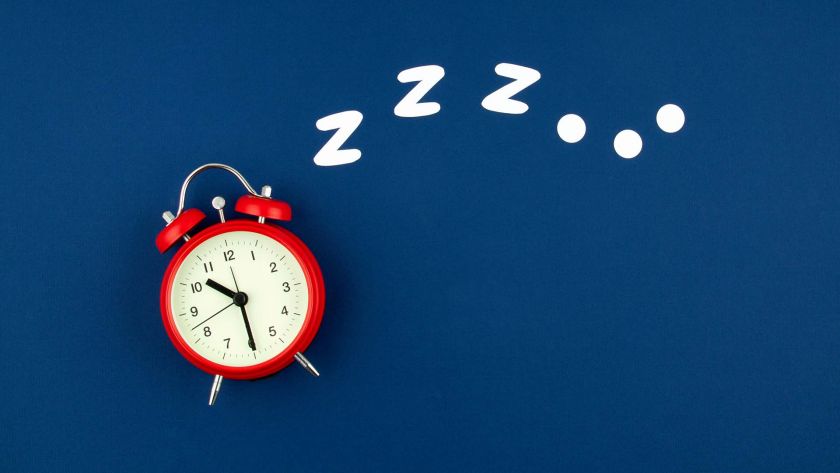“I consistently get 7-9 hours of sleep each night.”
It is well-reported that during periods of heavy training and racing, athletes are more susceptible to, and may experience, an increase in upper respiratory infection (URI). A “window of altered immunity” following prolonged or heavy exertion exists (that may last between three and 72 hours), wherein many components of the immune system exhibit change. This window is an opportunity for viruses and bacteria to gain a foothold. In addition, factors such as travel, low energy availability, and high levels of stress and anxiety also put athletes at risk. So, what can we do from a nutritional and lifestyle standpoint to combat getting sick?
The Core Diet Immunity Scorecard provides an opportunity to check in with yourself and your coach to ensure you are taking all steps possible to stay healthy. Sleep is an important piece of the immunity puzzle. Read below to find out more.
- Over the past several decades of sleep research, it has been well established that sleep and the immune system are closely connected. Production of antibodies and cytokines, proteins that play a key role in our immune response, is decreased during sleep deprivation.
- Studies have shown that those with poor sleep duration and quality are more likely to get sick following exposure to a virus. Lack of sleep can also affect how fast you recover if you do get sick. And finally, getting sufficient, high quality sleep enables an efficient response to vaccines and less severe allergic reactions.
- One study in particular showed that those with <7 hours sleep, were 2.94 times more likely to develop a cold, following virus exposure, than those with greater than or equal to 8 hours.
- Sleep also affects recovery from injury. Growth hormone, which is necessary for muscle tissue recovery, is released during sleep. In one study, athletes who sleep <8 hours per night had a 1.7 times greater injury risk.
- Although sleep needs may differ, it is generally accepted that 7-9 hours per night is an adequate duration. During periods of hard training, athletes should likely aim for closer to 9-10 hours of sleep per night. And while napping can add to your sleep total, frequent napping may result in shorter sleep and poorer sleep quality at night. If you do nap, keep it short as even a 10 minute “power nap” can improve alertness and mental performance, while long naps have been associated with poorer mental performance upon waking.
- If you currently struggle with getting adequate or high quality sleep, consider these tips!
- Start where you are at and try to add 15-30 minutes of sleep per night to get to your goal. If you are consistently only getting 6 hours, 10 hours per night seems unattainable. Start with a goal of 6.5 hours instead.
- Set a sleep schedule: have a fixed wake up time regardless if it’s a weekday or weekend and prioritize sleep.
- Don’t overdo naps.
- Optimize your sleep environment: keep your bedroom both cool and dark, drown out noise and ensure you have a comfortable mattress and pillows.
- Unplug from electronics as these stimulate your mind that may then be hard to shut off. Cell phones, computers and tablets also generate blue light that can decrease melatonin production, a hormone that plays a key role in sleep.
- Reduce alcohol intake and cut down on caffeine in the afternoon and evening.















Comments